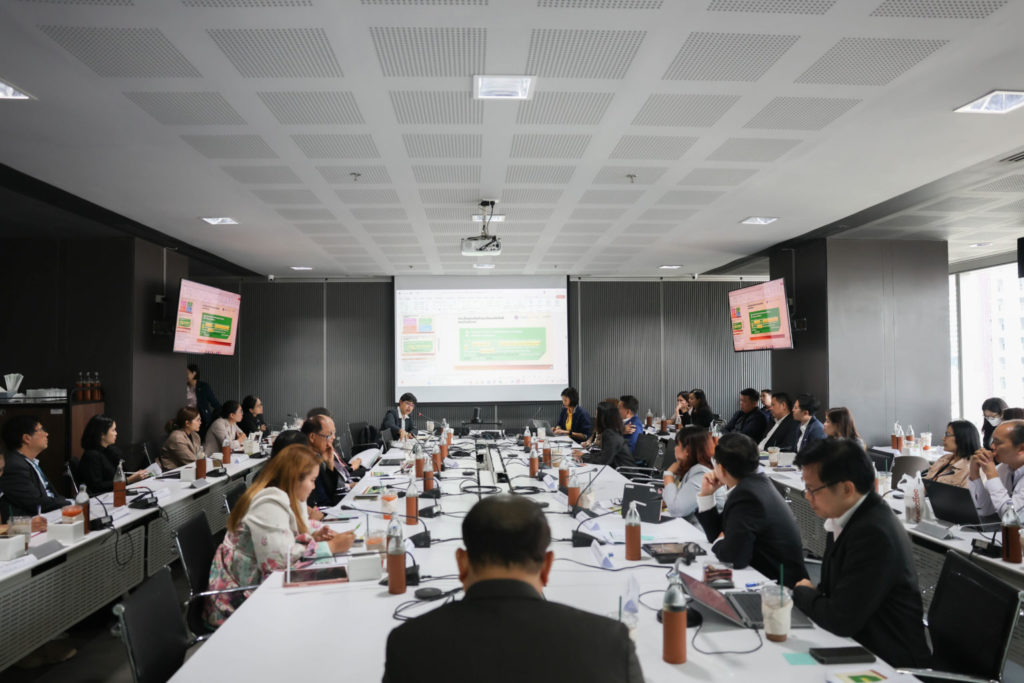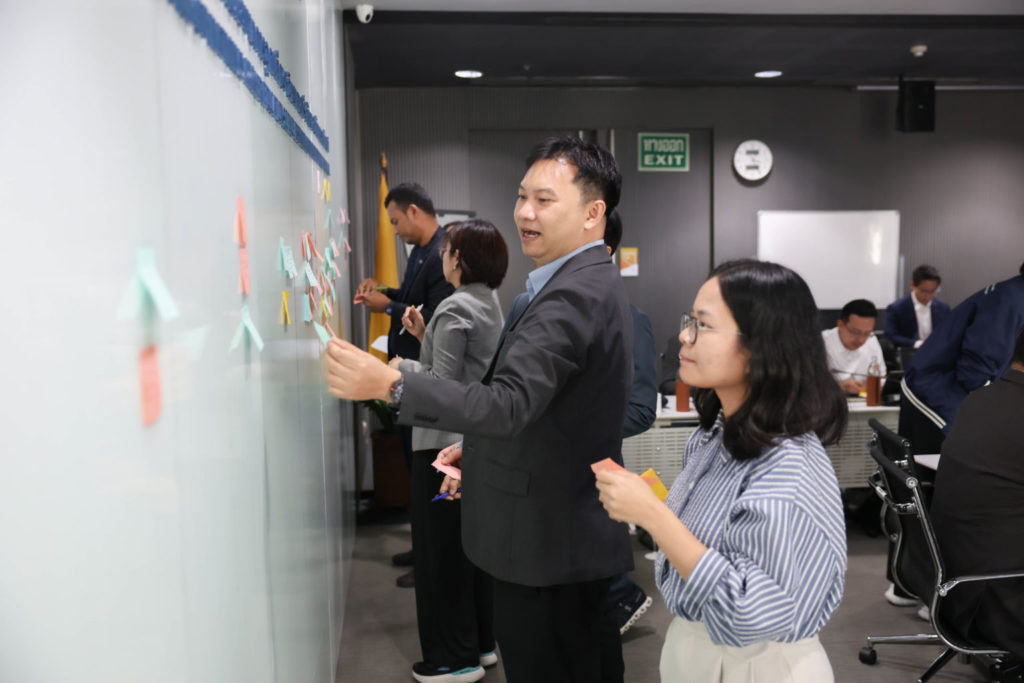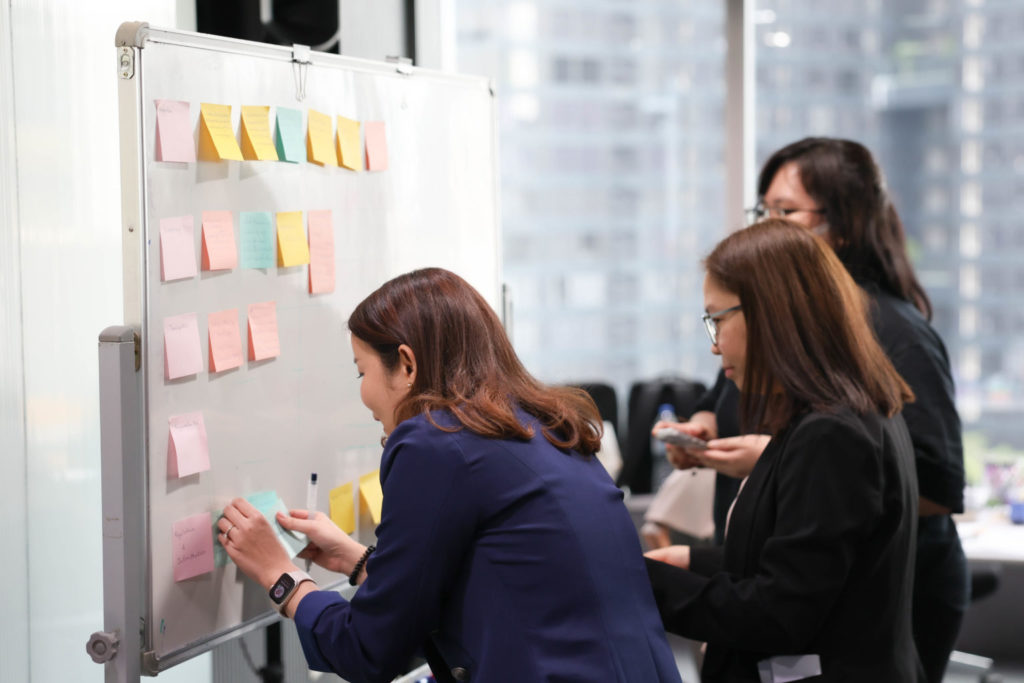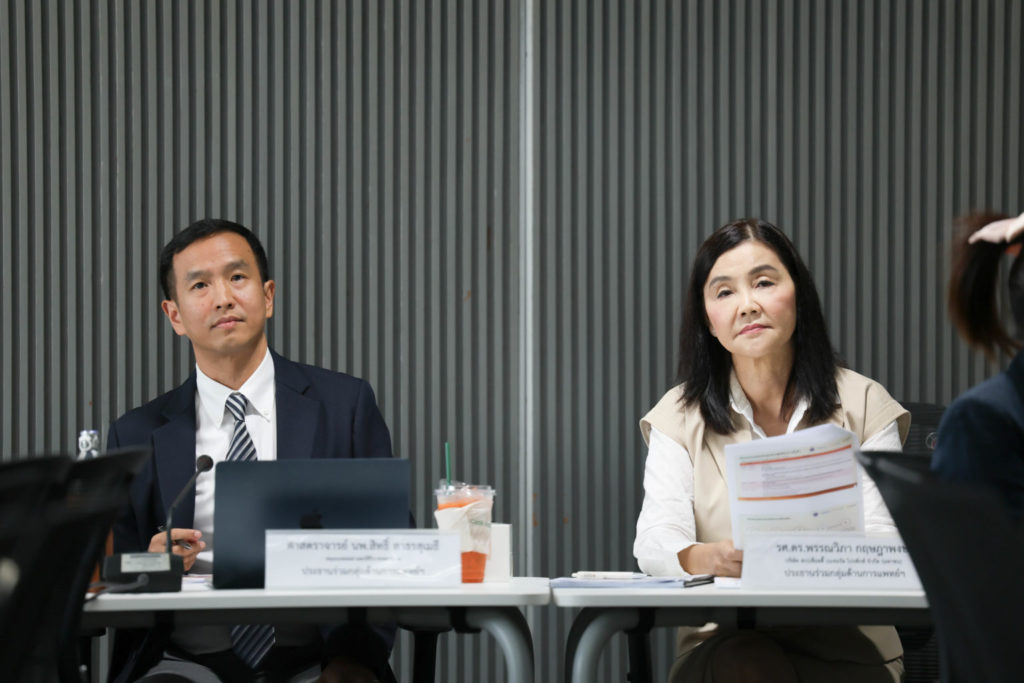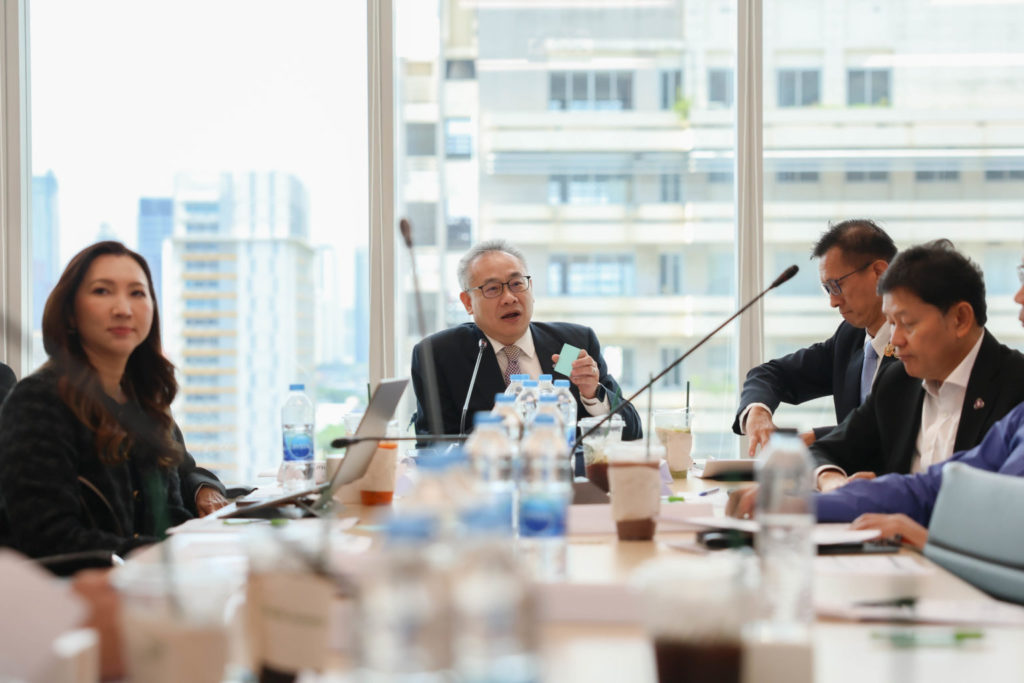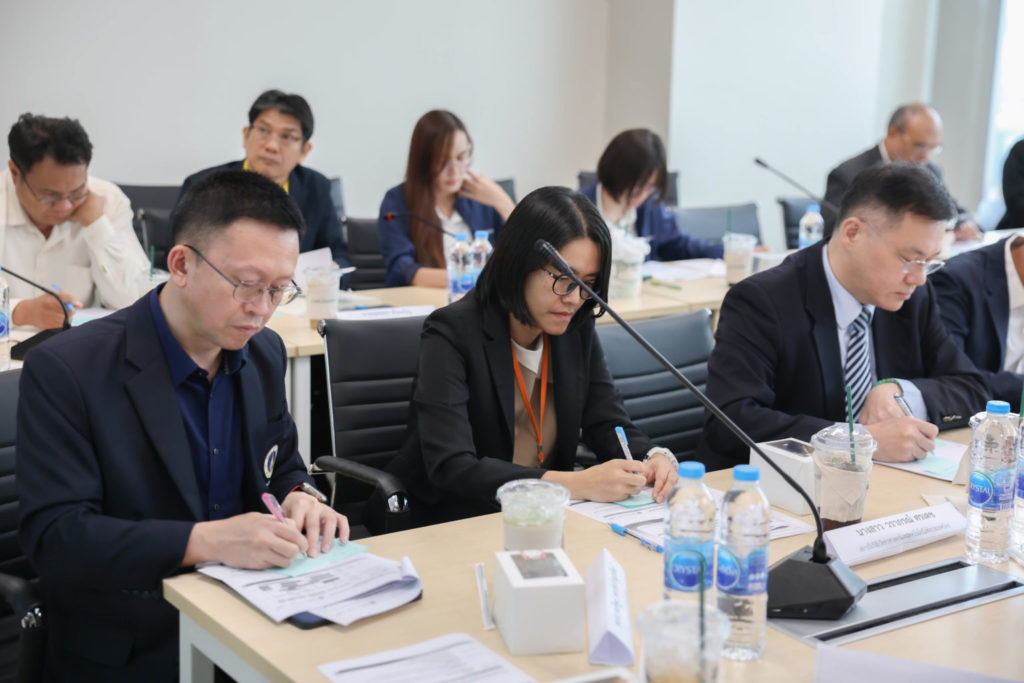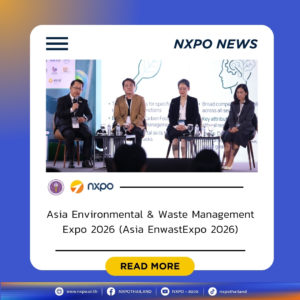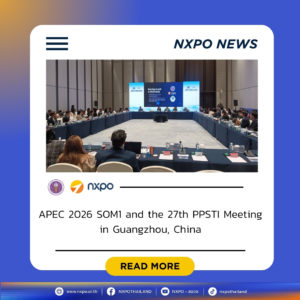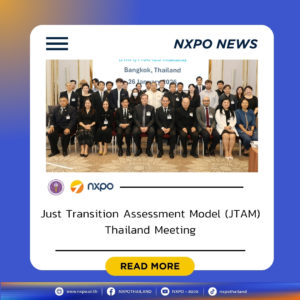On 6 May 2025, NXPO and the National Nanotechnology Center (NANOTEC) under the National Science and Technology Development Agency (NSTDA) co-organized the first workshop on the “Formulation of Thailand’s Nanotechnology Research and Development Roadmap (2028–2032)”. The event brough together representatives from government agencies, academic institutions, and industries, with the objective of setting strategic directions for nanotechnology set to shape the future of Thailand and the global community.
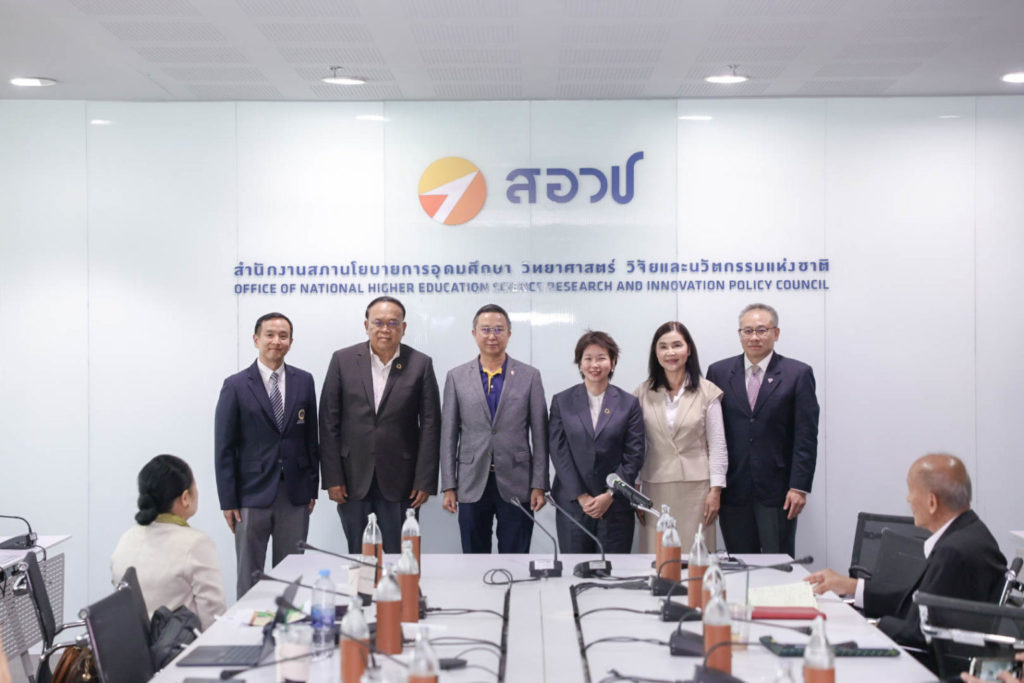
NXPO President Dr. Surachai Sathitkunarat noted that this roadmap builds upon three previous editions implemented between 2010 and 2021. NXPO and NANOTEC have jointly reviewed past achievements and areas for improvement to enhance the effectiveness of the upcoming plan. The new roadmap will focus on four key strategic areas: Nano for Advanced and High-Quality Healthcare, Nano for Green Technology and Climate Change Solutions, Nano for Smart and Sustainable AgriFood, and Nano for Safety and Ethics. It will also align with the draft 14th National Economic and Social Development Plan, as well as the forthcoming Science, Research, and Innovation Plan and the Higher Education Plan for 2028–2032.
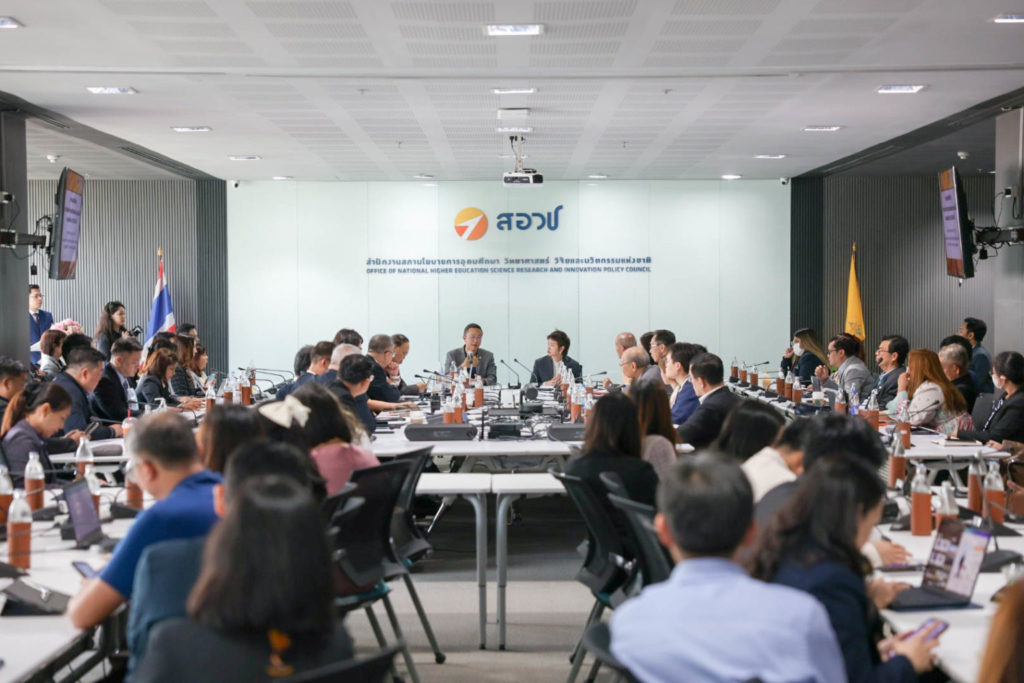
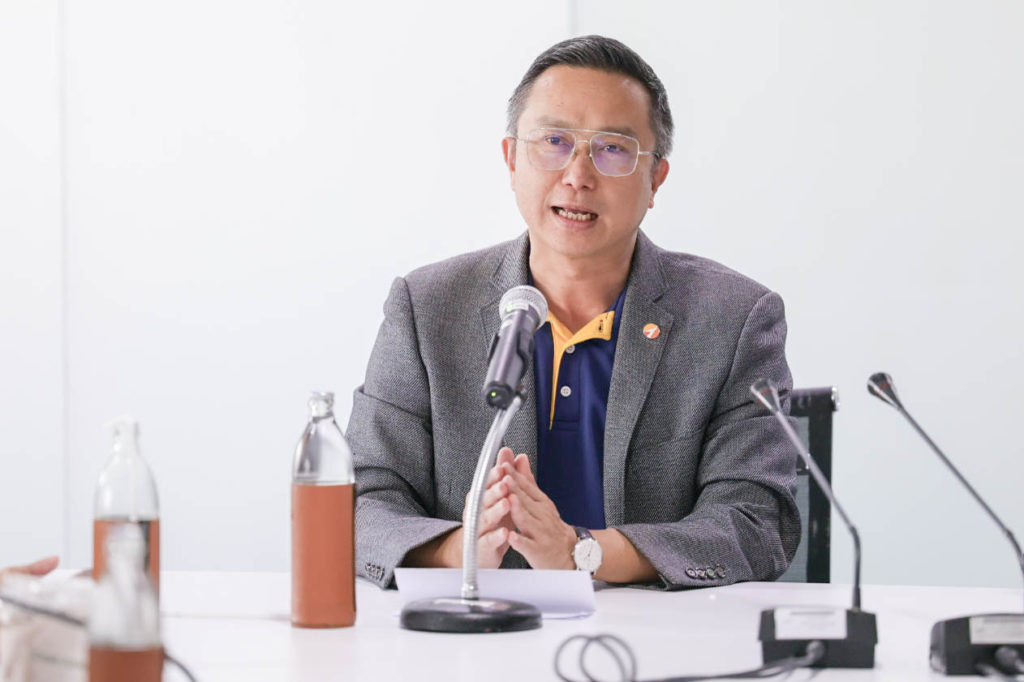
“A key limitation of previous roadmaps was the lack of effective implementation mechanisms and funding frameworks to translate strategies into action. This new roadmap could be proposed to the National Higher Education, Science, Research and Innovation Policy Council for national adoption. While the government will act as a facilitator, its success will require strong participation from the private sector, industry, and academia,” said Dr. Surachai.
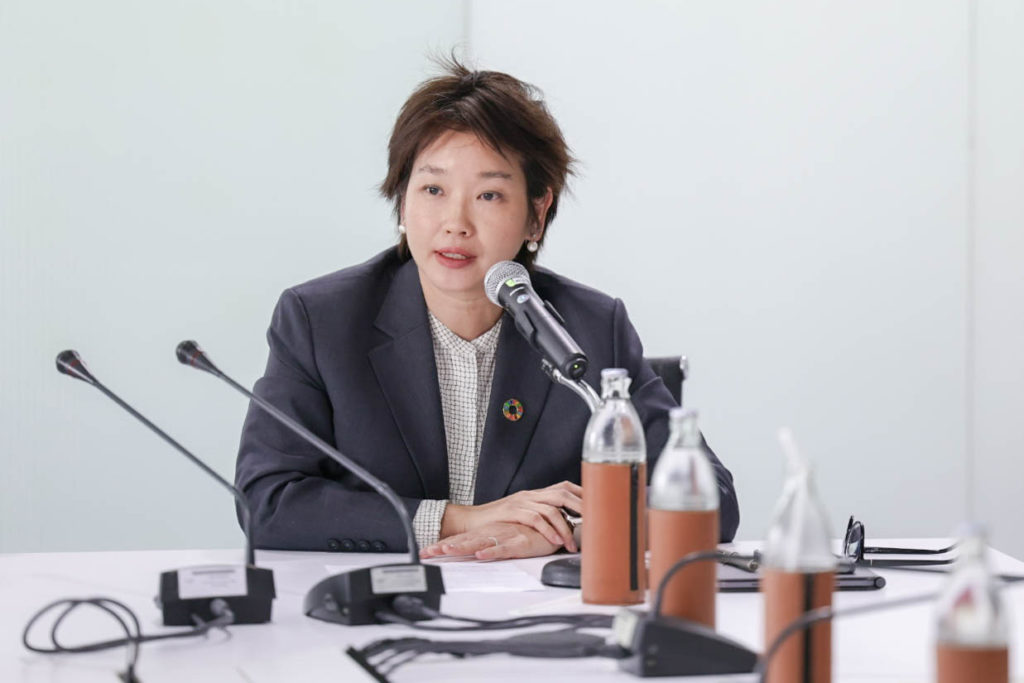
NANOTEC Executive Director Dr. Urasha Ruktanonchai added that the new roadmap would adopt an industry-driven approach, informed by nearly two decades of nanotechnology research and innovation system development in Thailand.
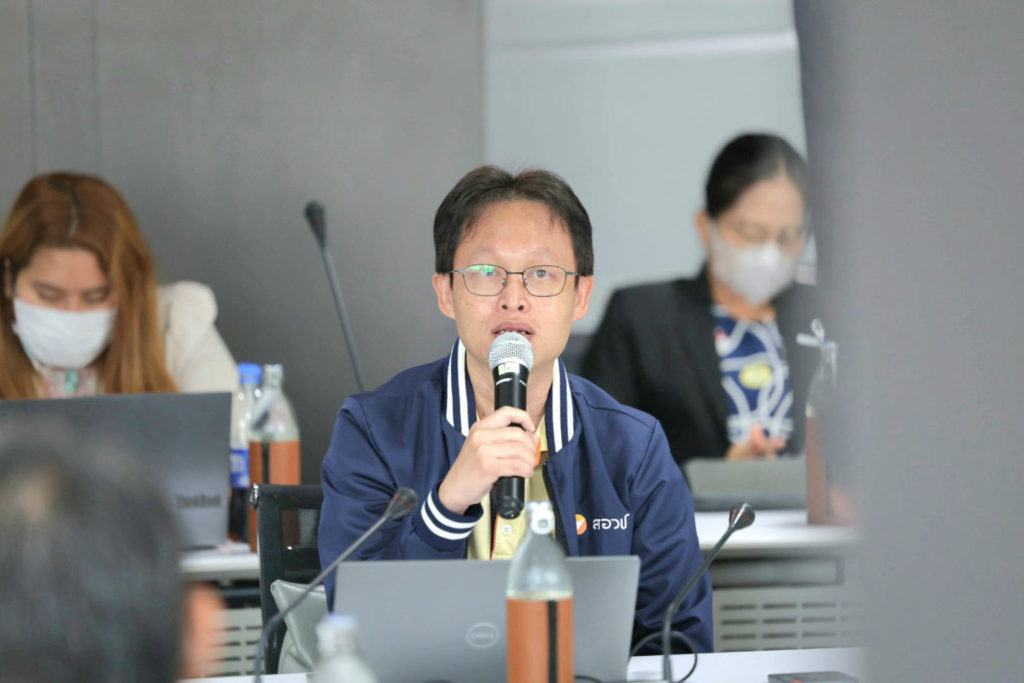
Dr. Kommate Jitvanichphaibool, Senior Director of the APEC Technology Foresight Center at NXPO, emphasized that the roadmap’s vision must align with global trends for 2030, an era of “hybrid society” where artificial intelligence (AI) will be integrated into work, decision-making, and daily life. This transition will place greater emphasis on creativity, well-being, and equity — particularly for Gen Z and Gen Alpha, who will play a pivotal role in driving societal progress and innovation.
For the future of nanotechnology, Dr. Kommate noted that nanotechnology will increasingly converge with fields such as precision medicine, personalized healthcare, and environmental solutions to support the circular economy. The global nanotechnology market is projected to expand from USD 91.18 billion in 2024 to USD 333.73 billion by 2032.
“This roadmap will be closely linked with the Science, Research, and Innovation Plan, a key policy tool for implementation and budget allocation. If effectively executed, it will deliver tangible benefits across all sectors,” said Dr. Kommate, stressing the importance of aligning science and technology policies with global trends, international challenges, and the Sustainable Development Goals (SDGs).
The workshop featured three breakout sessions, providing a platform for brainstorming among experts, researchers, and stakeholders in various fields:
- Nano for Advanced and High-Quality Healthcare — aimed at strengthening the national healthcare system through the development of precision medicine platforms integrating advanced technologies and high-quality treatment standards. The focus is on preventive care, efficient patient services, reducing healthcare costs, enhancing industry competitiveness, and positioning Thailand as a leading regional medical hub.
- Nano for Green Technology and Climate Change Solutions — highlighting research and development of eco-friendly technologies, renewable energy, water and air quality monitoring and treatment, greenhouse gas and pollution management, and waste upcycling to advance the circular economy and support Thailand’s carbon neutrality goal by 2050 and net-zero target by 2065.
- Nano for Smart and Sustainable AgriFood — focused on applying nanotechnology to improve agricultural productivity, food processing, nutritional quality, and shelf life while optimizing resource use and minimizing environmental impact, strengthening Thailand’s long-term food security.
In every session, participants emphasized the importance of nanosafety and nanoethics as critical cross-cutting issues that must be addressed to ensure nanotechnology development proceeds responsibly, safely, and in ways that deliver meaningful benefits for society and the environment.
